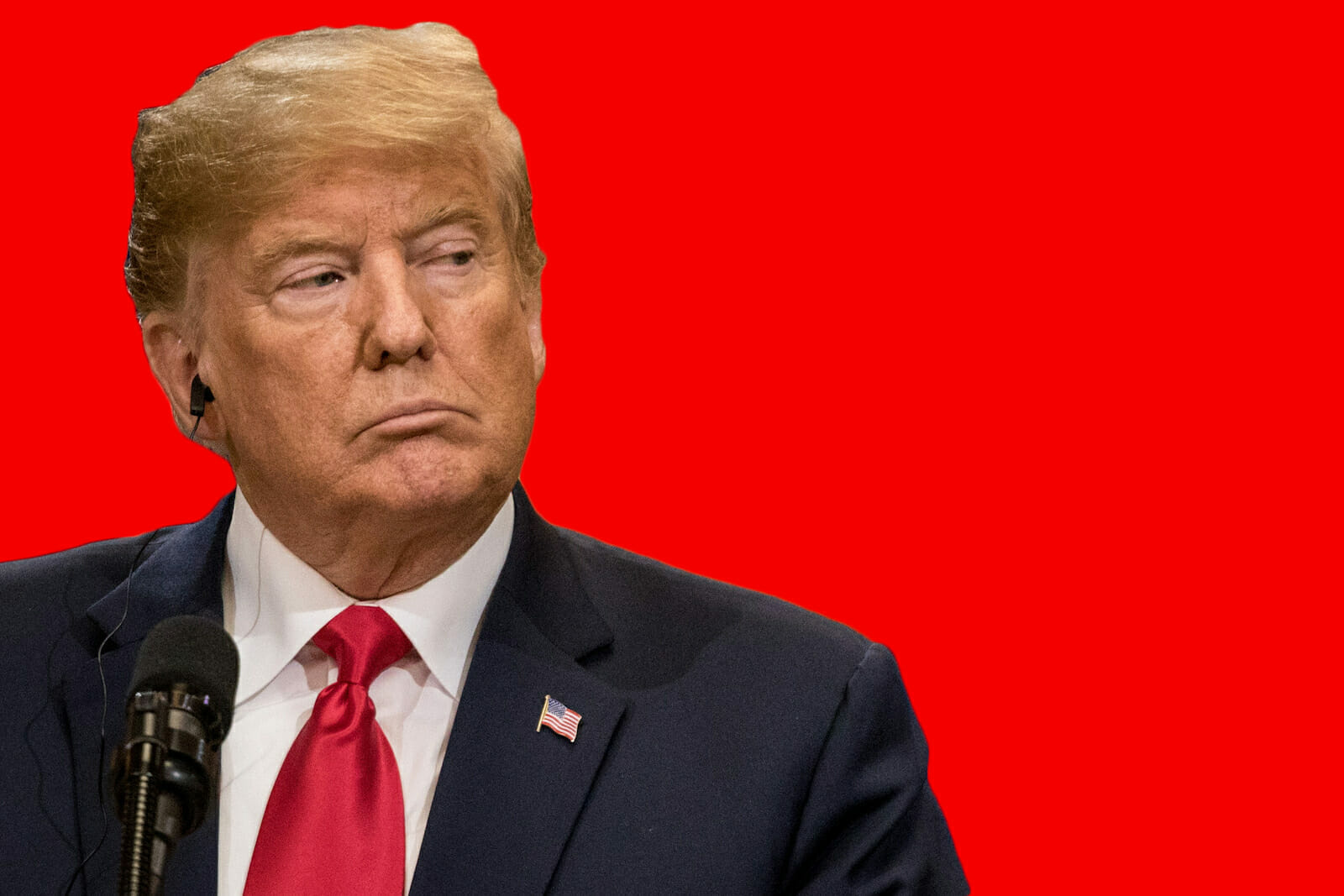
Politics
‘I will fight for you’ - Donald Trump, 06/14/2016
Over the course of Donald Trump’s campaign, he made claims that he would be good for the LGBTQ+ community. His main argument during the campaign on this issue boiled down to, “since Hillary Clinton received donations or funding from predominantly Muslim countries that are anti-LGBTQ, she can’t be good for the community.” In addition, he used Clinton’s support of allowing Syrian refugees into the country to bolster this point. He even committed himself to “protecting LGBTQ citizens” from terrorism during his acceptance speech at the Republican National Convention.
While there are blatant humanitarian issues about how members of this community are treated around the world, Trump, as president, has had no problem rubbing shoulders and playing nice with those same countries (and others) that he criticized Hillary Clinton for engaging with; see Saudi Arabia and Russia.
One image that has been imprinted in my memory from the campaign is that of Trump waving an upside-down Pride flag on stage during an event, with the words “LGBTs (the s is floating, like LGBT to the ‘s’ power) for TRUMP” scribbled across it. Infowars editor Paul Joseph Watson tweeted that Trump said “Caitlyn can use his bathrooms,” and Conservative strategist Chris Barron wrote, “Trump made history last night. MSM wants to pretend it didn’t happen. He’s the most pro-LGBT Pres candidate ever nominated by either party.”
However, over the past six months, Trump has (unsurprisingly) forgotten that the ‘T’ in LGBT can’t be ignored. In February, the Trump administration caused a stir regarding decisions surrounding Title IX and it’s directives that protect transgender youth — specifically, the prohibition of schools denying benefits to students “on the basis of sex,” which the Obama administration’s Education Department interpreted to encompass gender identity. However, more recently (read: today), Trump announced via Twitter that “After consultation with my Generals and military experts, please be advised that the United States Government will not accept or allow transgender individuals to serve in any capacity in the U.S. Military…Our military must be focused on decisive and overwhelming victory and cannot be burdened with the tremendous medical costs and disruption that transgender in the military would entail.”
Thank you to the LGBT community! I will fight for you while Hillary brings in more people that will threaten your freedoms and beliefs.
— Donald J. Trump (@realDonaldTrump) June 14, 2016
Last year the Pentagon, under Obama, announced it would be ending its ban on transgender individuals serving openly, and planned this year to start allowing enlistment of individuals who had been “stable” in their preferred gender for 18 months — however, Jim Mattis approved a six-month delay in allowing open transgender recruits to enlist on June 30th.
Donald Trump’s announcement is unequivocally un-American. As a nation we’ve paraded the glory and honor of enlisting in the military and serving one’s country. This proposed action is regressive and will cause more harm to American service members and veterans. I’m unsure what “tremendous medical costs” Trump is referring to in his Tweets.
TRICARE — the health care program that provides coverage to service members (active, retirees, and their dependents), as it stands does not cover transition surgery (waivers are available to fill out for surgeries that may be deemed ‘medically necessary’). However, the program does cover counseling and hormone therapy — like other insurance plans for general citizens. Whatever the military may “save” by no longer having members utilize this aspect of their insurance, will only be lost in other areas. For example, the costs of counseling members who continue their service “in hiding” (identifying as their birth-assigned gender, rather than their preferred gender), and potentially other medical costs in extreme cases of violence which may undoubtedly be present in this evolving Trump-era military environment is increasingly unwelcoming to transgender members.
Trump’s claim is that transgender individuals will not be allowed to serve “in any capacity” — but does this mean only those who openly identify, or will he attempt to enact some invasive measures to determine who is really male or female in his eyes? And, while this does not outright affect other LGBTQ members on its face, it may be safe to assume that the negative social impacts mentioned previously will spill into their realm as well.
Donald Trump wants to “Make America Great Again,” but I fail to see how our country benefits from denying swaths of citizens their right to serve. If transgender individuals wish to enlist and protect their community from the “anti-LGBTQ terrorists” that were paraded around as a main threat through the campaign, then Trump should be welcoming if he were truly committed to “protecting LGBTQ citizens” from terrorism.

